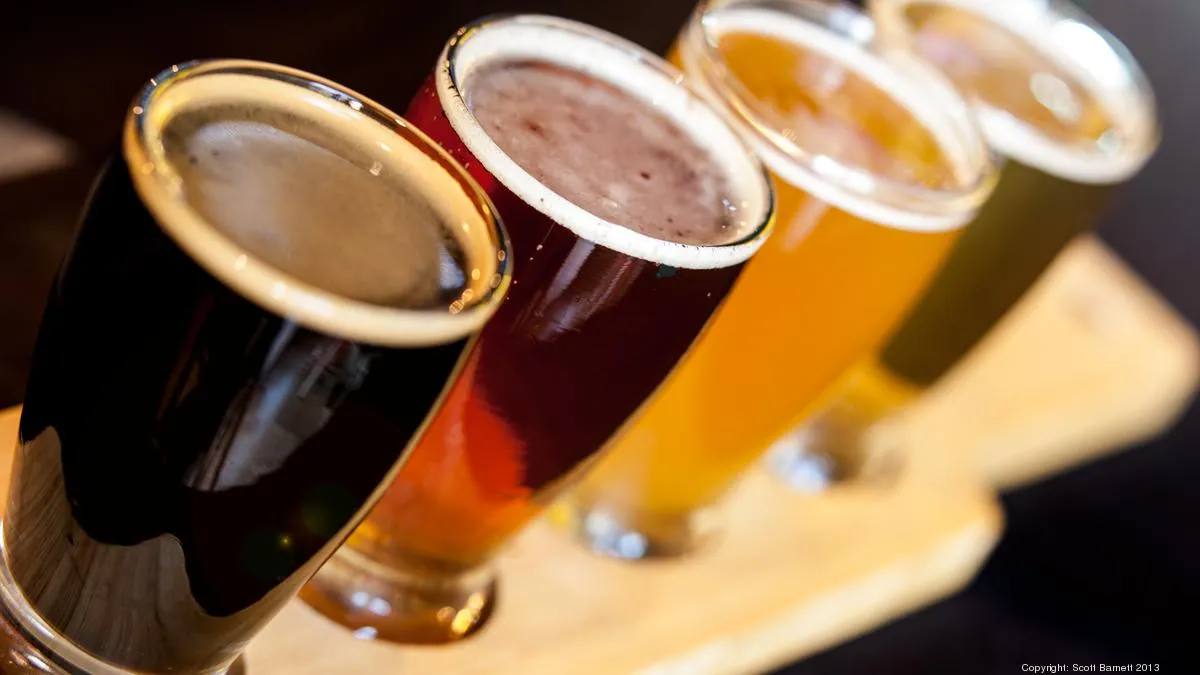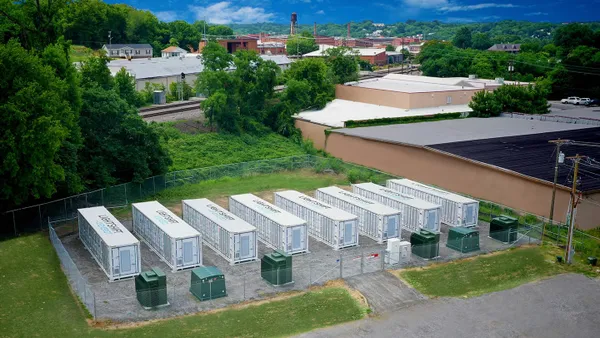Dive Brief:
-
Researchers in Colorado have found a way to use wastewater from brewing beer to produce lithium ion battery electrodes.
-
The researchers say using brewery wastewater could provide a more efficient and potentially cheaper source or materials for electrode production.
-
The University of Colorado-Boulder researchers have filed a patent on the process and created Emergy, a Boulder-based company aimed at commercializing the technology.
Dive Insight:
Beer and science don’t always go together, but researchers at the University of Colorado-Boulder (UCB) have come up with a way to use the wastewater from beer to improve the cultivation of chemicals used in making lithium-ion battery components.
It takes about seven barrels of water to produce one barrel of beer, and brewers have to spend money to filter the wastewater before disposing it.
Other biological materials, such as timber, can be used to make carbon-based battery electrodes, but supplies are limited and the intrinsic chemistry can make the process expensive and difficult.
But by cultivating their feedstock in wastewater, the UCB researchers say they were able to better control the chemical and physical processes to create an efficient naturally derived lithium-ion battery electrode while cleaning the wastewater in the process.
The process produces a fast-growing fungus, Neurospora crassa, in the sugar-rich wastewater, which can be used to make anodes for lithium-ion batteries.
“The wastewater is ideal for our fungus to flourish in, so we are happy to take it,” Tyler Huggins, a graduate student in UCB’s Department of Civil, Environmental and Architectural Engineering and lead author of the study.
Huggins and co-author Justin Whiteley, also of UCB, hope to commercialize the process. “We see large potential for scaling because there’s nothing required in this process that isn’t already available,” said Huggins.
The group's study appears in the most recent issue of the journal Applied Materials and Interfaces.














